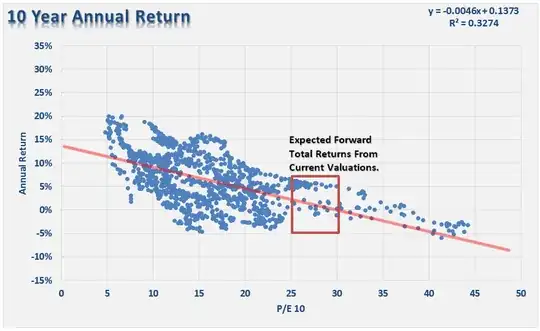It really is not that complicated to figure the tax on capital gains. For assets that you have held longer than a year, you pay taxes at the long term capital gains tax. Now, despite having held the funds for longer than 10 years, not all gains could be considered long term. Recent dividends and capital gains; and contributions, that occurred less than a year ago may be subject to short term capital gains.
You pay taxes on the gains. If you paid 100K for funds that are now worth 500K, you would owe taxes on the difference, or 400K.
Currently the short term capital gains tax is 0, 15%, or 20% which will depend upon your income. However, the Biden administration has promised to shake up how this is done and all capital gains may be taxed as ordinary income.
So there are a lot of variables in place, here are some to consider:
- How much of that 700k is actually gain?
- What is your current income?
- What is the cost to originate a mortgage?
- What will the future income tax climate be like?
A person may be better off cashing out all mutual funds now, paying cash for the house, then getting a mortgage and rebuying the same mutual funds. This would give a person a stepped up basis for capital gains and avoid higher capital gains taxes if they come to fruition. Keep in mind, that even if they do come to fruition, they could be changed back by future administrations.
The complication is making the optimal decision. Given the amount of variables and needing to predict the future, it is pretty much impossible to make the perfect decision.
In these kinds of cases you might be better off with a partial decision. Sell some assets to reduce the amount of the mortgage but still get a mortgage. Then reevaluate next year. Do you take out 50K and use those assets to pay down the mortgage? Maybe/maybe not.
Factoring in the mortgage interest deduction also adds a layer of complications to this calculation. In the past, just about everyone qualified for the mortgage interest deduction. However, now a lot less people do because the standard deduction is so high, there are limits to the amount of interest one can claim, and the rates are so low.
Here I would not suspect this will change with future administrations. Both parties have shown a keen interest in simplifying income tax returns. The large standard deduction does exactly that.
I am not sure of your google search, but this page was pretty comprehensive.
